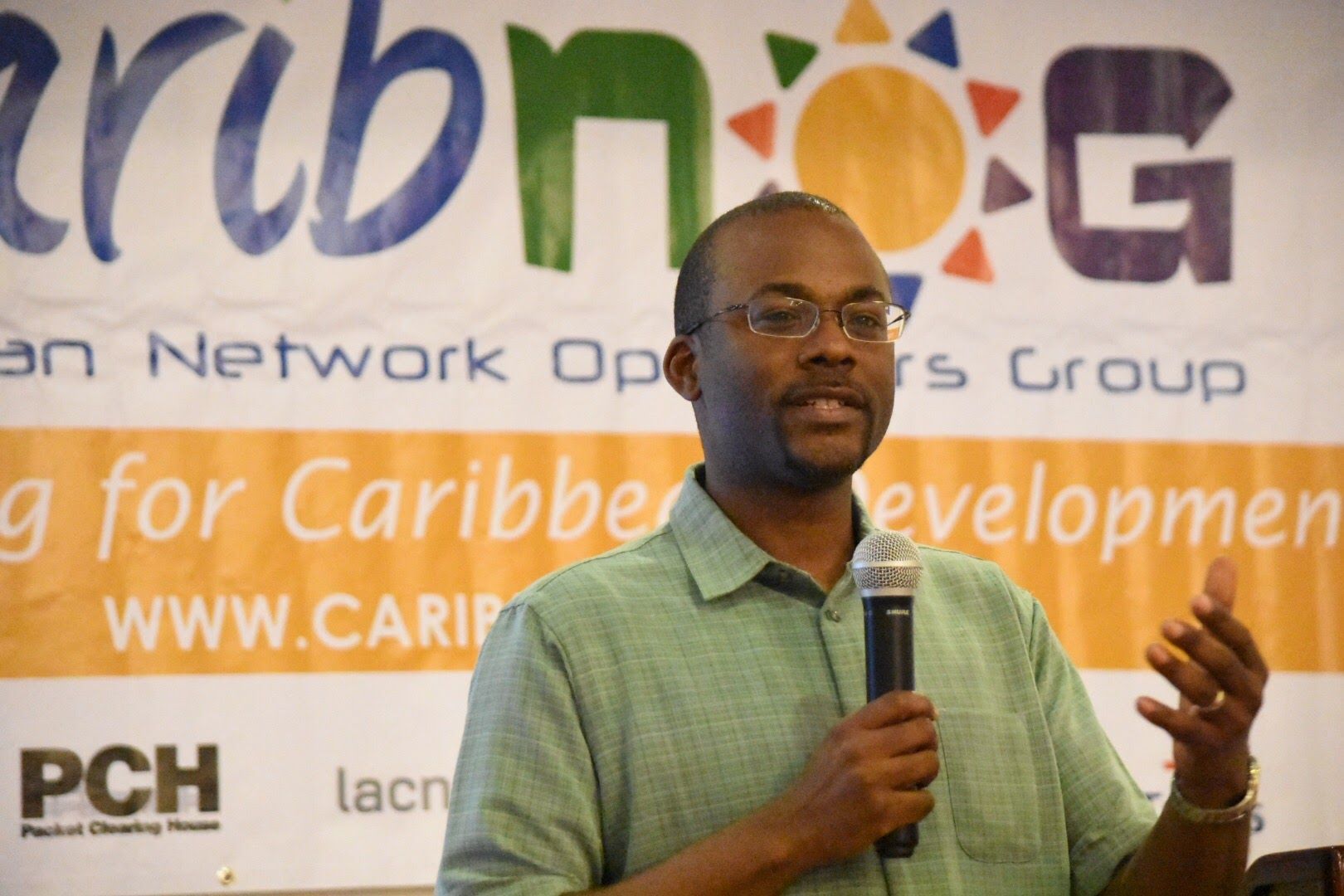Urgent Need to Strengthen Internet Infrastructure in the Caribbean
Article by Development Journalist Gerard Best
As the COVID-19 pandemic continues to impact the Caribbean, a regional group of computer experts is calling for more to be done to keep critical systems secure, resilient and accessible in the face of mounting threats.
The call came from several speakers at the fourth annual technical community forum hosted by the American Registry for Internet Numbers (ARIN) and the Caribbean Network Operators Group (CaribNOG).
“The COVID-19 pandemic has forced organizations and governments to accelerate the digitization of systems and rush to get essential services online,” said Bevil Wooding, Director of Caribbean Affairs at ARIN, a nonprofit corporation that manages the distribution of Internet number resources in many Caribbean and North Atlantic islands, Canada, and the United States.
“This rush to online service delivery has exposed several weak points in the region’s internet infrastructure, human resource capacity and institutional readiness. It is now more challenging than ever before to keep critical local and regional systems secure, resilient and accessible. It is also now more than ever our collective responsibility to ensure that the region is able to effectively address these important issues,” Wooding said.
Barbadian-born Niel Harper, chief information security officer at the United Nations Office for Project Services, called for closer attention to be paid to developing relevant local skills and addressing growing cybersecurity threats.
“Recent events—including the adoption of remote work, the rapid shift to the cloud computing, and some high-profile cyber-attacks—all indicate that the threat landscape is more complex than ever,” Harper said.
He encouraged Caribbean stakeholders to work together to mitigate the risks posed by increasing cyber threats.
“Resilience comes through collaboration and cooperation, including information sharing, joint incident response exercises, workforce development, and learning from corrective actions. We all face the same risk to our networks, our data and our users. There is a lot that we can learn from each other, even within competitive industries,” he said.
Dr. Moniphia Hewling, founder of cybersecurity consultancy eMRock and former head of the Jamaica Cyber Incident Response Team, provided an overview of the Caribbean cybersecurity landscape. She highlighted some of the issues being confronted by security practitioners and called for greater transparency in reporting cyber-attacks across the region.
“To better understand the problem cyber-attacks pose to the region we must be able to better measure the extent and impact of attacks. This requires greater and more timely disclosure by affected organizations so that hard numbers can be attached to the cybersecurity problem. Where there is no effective measurement, mitigation and remediation will always be compromised,” Hewling stated.
The audience included network administrators, technology professionals, regulators, security experts, academics, and business leaders. CaribNOG is a diverse volunteer-based community formed more than 10 years ago to facilitate the sharing of technical knowledge and experiences related to the management of computer networks in the Caribbean.
In addition to its diverse audience, the forum assembled an impressive roster of presenters including Mark Kosters, Chief Technology Officer, ARIN; Carlos Martinez-Cagnazzo, Chief Technical Officer, Latin American and Caribbean Internet Addresses Registry (LACNIC); Dr. Sean Thorpe, Associate Professor and Head of School of Computing and Information Technology, Jamaica; and David Soltero, Senior Lead Infrastructure Engineer, Internet Corporation for Assigned Names and Numbers (ICANN); Kevon Swift, Head of Strategic Relations and Integration, LACNIC; and Stephen Lee, CEO, Arkitechs Inc and Program Coordinator for CaribNOG.
“The forum provides attendees with access to regional and international experts as well as with the opportunity to gain practical knowledge in topical issues such as network security and network engineering best practices. More importantly, the forum allows like-minded professionals with diverse skill sets an opportunity to work together to support Internet development in the Caribbean,” said Dr. Claire Craig, Director of Research at CaribNOG.
The ARIN/CaribNOG forum was staged in collaboration with LACNIC, ICANN, the Internet Society and the Caribbean Telecommunications Union. The organizations plan to host a series of related events in 2021, to further support technical capacity building targeted at network operators, government officials, regulators, and law enforcement and public safety stakeholders.
Header image: CaribNOG Executive Director Bevil Wooding Speaking at a CaribNOG Meeting in 2019.
